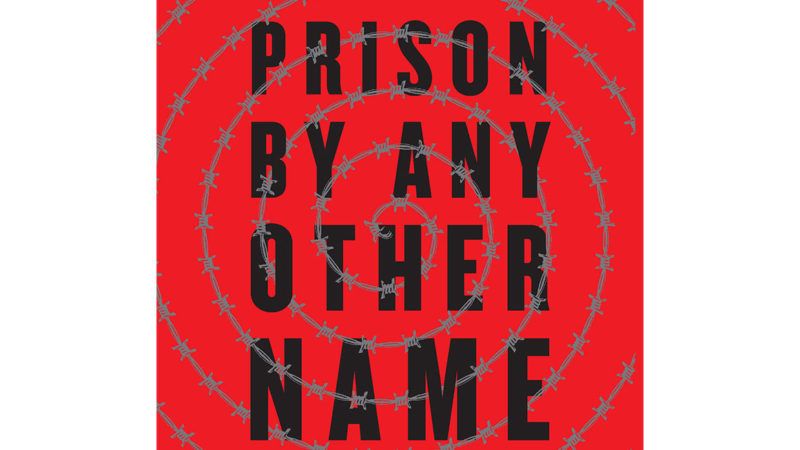Prison by Any Other Name
State involvement in people's lives—even "for their own good"—ends up becoming a backdoor way of policing and control.

"Ending mass incarceration is only the beginning," write journalists Maya Schenwar and Victoria Law in Prison by Any Other Name: The Harmful Consequences of Popular Reforms. The book delves into the many ways Americans are surveilled, separated from their communities, punished, and controlled by "prison alternatives" like probation, house arrest with electronic monitoring, mandatory drug treatment, and prostitution "diversion" programs. It also covers supposedly preventive measures (such as involuntary psychiatric hospitalizations and the sex offender registry) and state "care" systems such as child protective services.
As a primer on the deep reach of our prison industrial complex and a roadmap for how to reform the reforms, the book works well. It's less persuasive in its hostility toward incremental reformers; the authors seem to believe that abolishing prisons and all of the rest of it is feasible.
Most jarringly, the book suggests that America must not just abolish bad laws but tackle the very roots of poverty, racism, drug addiction, depression, lack of social cohesion, health care issues, etc.—often with heavy involvement from government.
But state involvement in people's lives—even "for their own good"—ends up becoming a backdoor way of policing and control, as the book itself nicely illustrates. If we can imagine a world in which prisons are being abolished in favor of nonstate justice, can't we also imagine one in which we tackled even bigger problems without government meddling?


Show Comments (19)